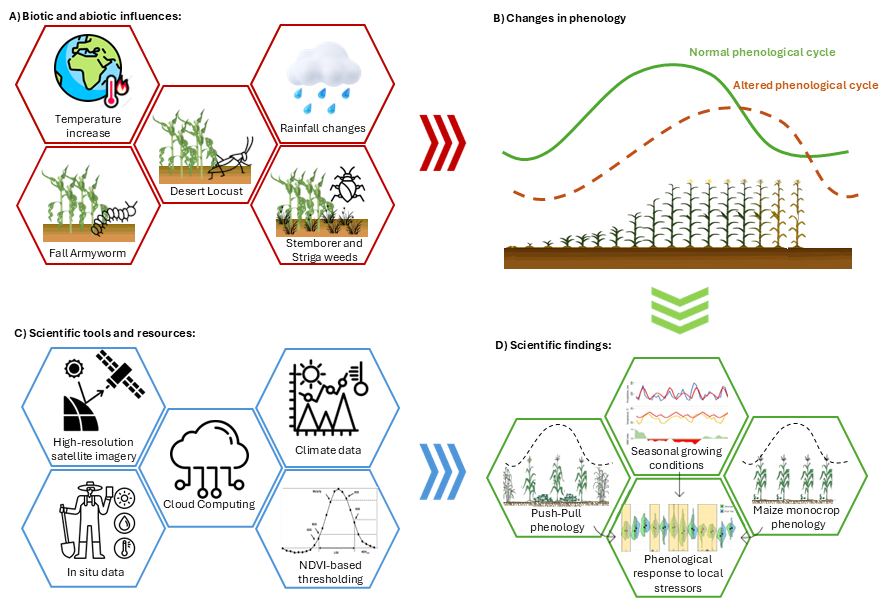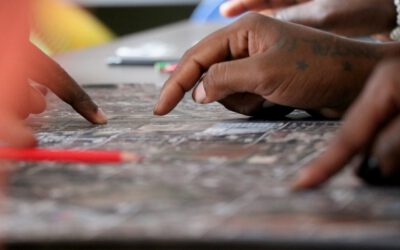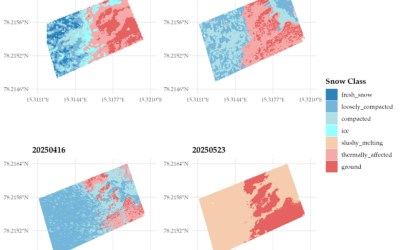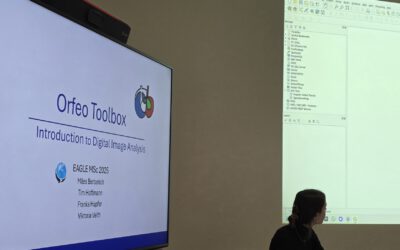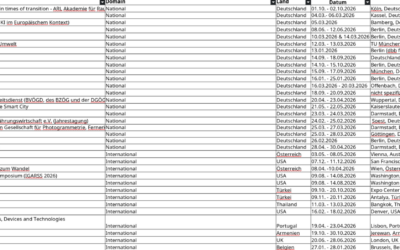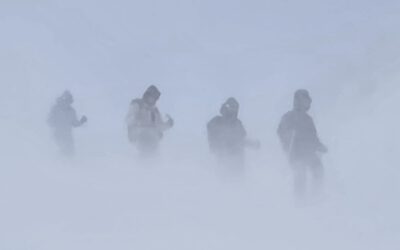Our PhD student Adomas Liepa will defend his Phd “Potential of Satellite Earth Observation in seasonal monitoring of complex agricultural environments of East Africa” on Thursday 24th of July at 11am. The defense will take place at John Skilton Str. 4a, seminarroom 1.
from the abstract:
The timing of seasonal plant growth stages is an important indicator of vegetation dynamics. Better known as “vegetation phenology”, it is used to shed light on vegetation activity and ecosystem functions. Changes in agricultural phenology have great consequence for food security, climate adaptation, and for the ecological, economic and climate services. Capturing the phenological responses of crops in diverse, small-scale agricultural systems is one of the most notable remote sensing research gaps. In Eastern Africa, climate variability and change threaten smallholder, rainfed farms, with crop failures, yield reductions, and pest infestations. The reliance on local rainfall and dry spells have led to alterations in planting patterns, impacting growing season timing and yield, underscoring the importance of high temporal resolution for capturing crop phenology. The primary objective of the thesis was to develop a multi-sensor, high temporal and spatial resolution vegetation monitoring method. The proposed method harmonized the spectral response from Landsat 7, 8 and 9 with Sentinel-2. The harmonization methodology combining thresholding approach and cloud computing to monitor vegetation using a dense temporal Normalized Difference Vegetation Index (NDVI) time series. Applying this method in Uganda´s Kamuli district for the year 2022 revealed that the seasonal onset for most crop types was in the end of March to middle of April while the end of the growing season occurred from the end of June to middle of July. It also demonstrated a high correlation between the sensors, with Mean Absolute Difference (MAD) values of 0.0566, 0.0523 and 0.0522 between Sentinel-2 and Landsat 7, 8, and 9 respectively. Further, the methodology was transferred to Kenya, where it was utilized for comparison between traditional maize monocrop and climate-smart agroecological practice of Push-Pull intercrop. Phenological metrics of 15 growing seasons were extracted using the proposed methodology. Field data from 58 sites in southwestern Kenya provided training for this analysis, revealing detectable differences. Notably, Push-Pull intercrop fields showed greater resilience during biotic stress events, such as the locust outbreak in 2020 short rainy season and the fall armyworm infestation in combination with delayed and below-average rainfall during the short 2021 and the long 2022 growing seasons. Higher maximum NDVI and extended season duration indicated a higher resilience of Push-Pull farming under unfavorable agricultural conditions. Short growing seasons with unfavorable conditions showed earlier end of seasons in both systems, whereas long growing seasons with unfavorable conditions caused delayed onset and end of seasons. This effort has marked the first attempt to leverage earth observation data to compare traditional maize agriculture with agricultural systems featuring applied ecological management strategies, showcasing the potential of earth observation tools to monitor and evaluate agroecological resilience. Lastly, our approach was used to compare phenology of vegetation understory in Upper Franconia, Bavaria. Here, the satellite-based phenology extraction method was compared with field-level camera trap derived phenological metrics. The comparison revealed a strong alignment between the retrieval methods, indicating a potential to leverage the proposed methodology to better understand the phenological dynamics of understory vegetation as well as providing more efficient means of obtaining comprehensive insights into local dynamics using satellite data. The integration of satellite and ground-based observations enables both comprehensive spatiotemporal coverage and ground-truth validation, enabling a more accurate, scalable, and actionable insights into forest ecosystem dynamics.

